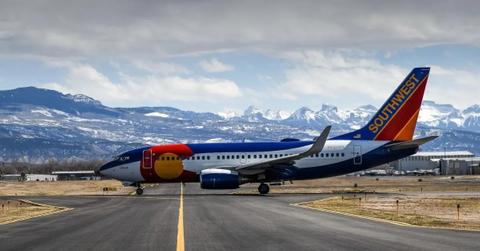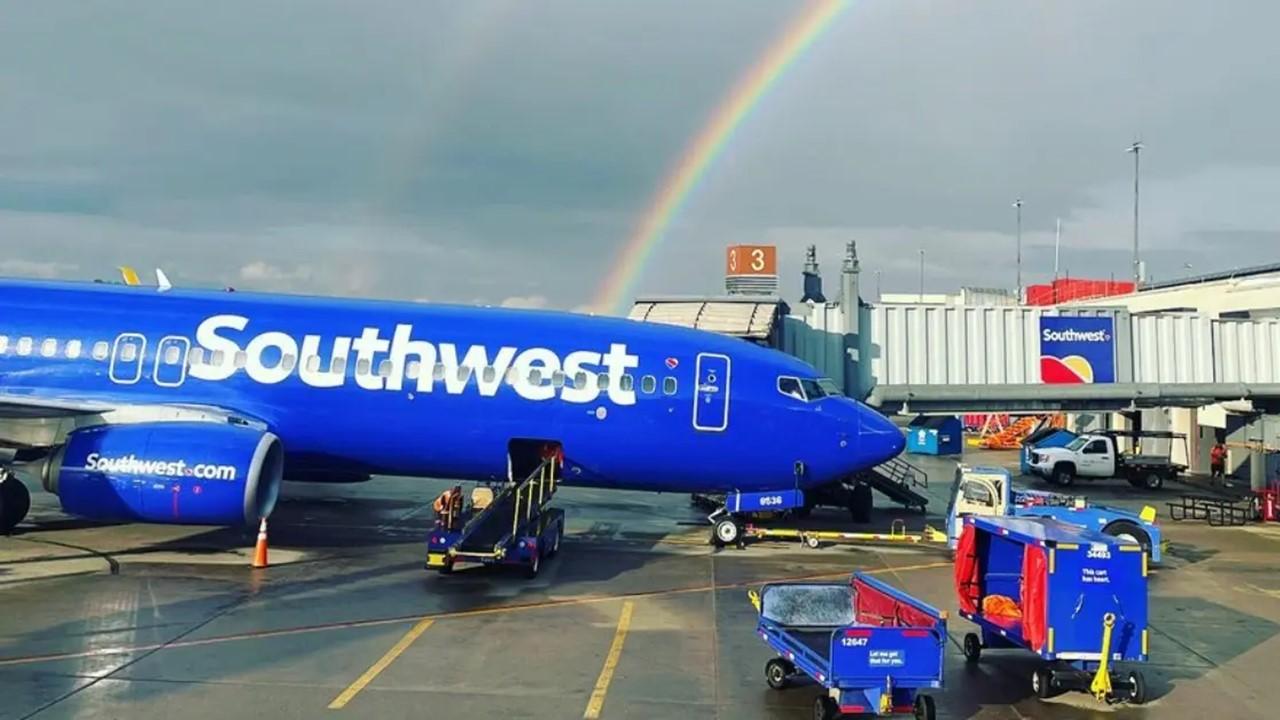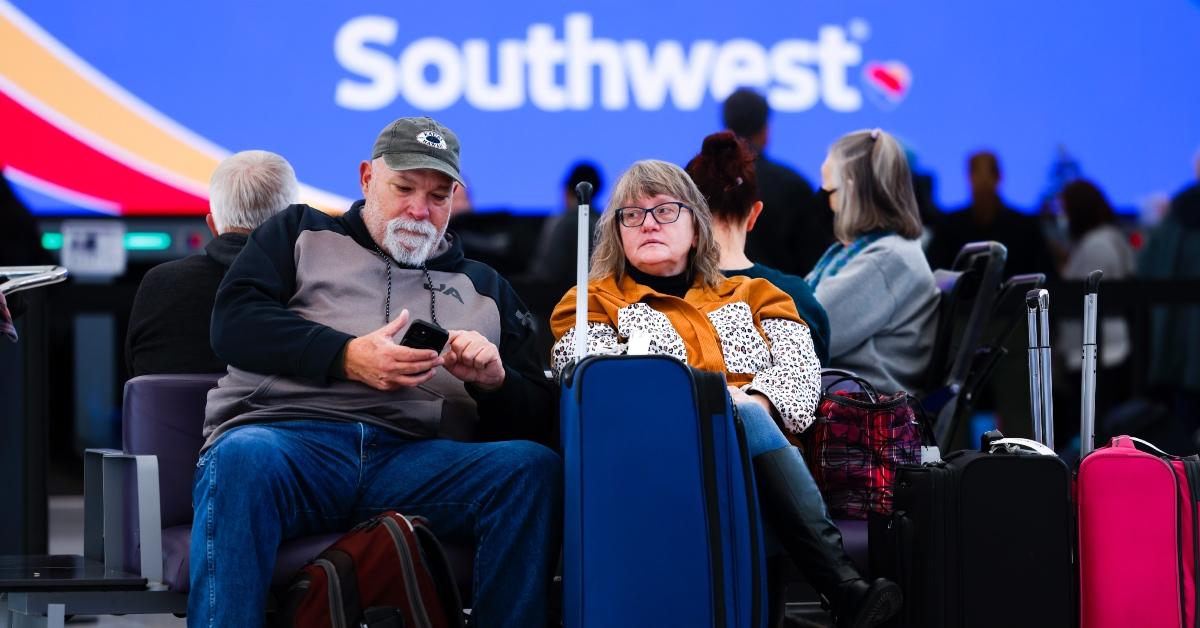Who Owns Southwest Airlines? Company Struggles With Flight Cancellations
Southwest Airlines was established in 1967 by Herb Kelleher. Today, Southwest Airlines is led by CEO Bob Jordan. Why has the company struggled lately?
April 18 2023, Updated 2:23 p.m. ET

Southwest Airlines has grown to become one of the leading low-cost carriers in the world. Headquartered in Dallas, Southwest Airlines flies in and out of 121 airports across 11 countries, according to the company’s website. If you travel often or occasionally, there’s a good chance you’ve booked a flight on a Southwest aircraft.
But do you know who owns Southwest Airlines?
As much as flight goers praise Southwest for its aircraft comfortability and its decision to allow customers to check two bags for free (in most cases), it has come under fire over the last few years for massive flight delays and cancellations.
Learn more about why Southwest has been canceling flights and who currently owns the airline.

Who owns Southwest Airlines?
Southwest Airlines, one of the major airlines of the U.S., is the world’s premier low-cost carrier. The Dallas-based airline was established in 1967 by Herb Kelleher and primarily operates domestically and in Latin America. Southwest is known for only having Boeing 737s in its fleet.
The company operates more than 700 aircraft and offers over 4,000 departures per day during the peak travel season. Southwest Airlines began international operations in July 2014, following the acquisition of AirTran Airways in 2011.
Southwest Airlines was led by CEO and chairman Gary C. Kelly from 2004 to February 2022. Kelly was then succeeded by Bob Jordan. According to CNN Business, mutual fund holders have majority ownership of Southwest at 46.29 percent.
The largest shareholder of Southwest Airlines is The Vanguard Group, Inc., which holds a 10.74 percent stake in the company. Behind it is PRIMECAP Management Company, which has a 8.78 percent stake (over 52 million shares). The other shareholders include SSgA Funds Management, Inc., BlackRock Fund Advisors, and T. Rowe Price Investment Management.

Why is Southwest Airlines canceling flights frequently?
Massive flight delays and cancellations began in October 2021 after Southwest had to cancel flights for four days in a row, leaving passengers stranded from California to the East Coast. On Oct. 10, 2021, more than 1,100 flights were canceled, accounting for 30 percent of the carrier's flight schedule that day — its biggest schedule since April 2020.
Southwest cited air traffic control problems and disruptive weather conditions as reasons for the cancellations, but it was the only carrier to report large-scale problems. The company canceled about 87 flights on Oct. 12 and 360 flights on Oct. 11.
Southwest's inadequate planning was to blame for the problems, according to Casey Murray, the president of the Southwest Airlines Pilots Association, which represents the airline's 9,000 pilots.
Then, between Dec. 20, 2022, and Dec. 29, Southwest suffered another round of cancellations due to “changes to its staff scheduling computer systems,” CNN Travel reported. While the airline was able to recover, it ran into more trouble on April 18, 2023, after it delayed 1,728 flights, or 41 percent of its schedule, according to data CNN Travel obtained from FlightAware.
Southwest’s higher-than-normal flight delays on April 18 were caused by “data connection issues resulting from a firewall failure.” The FAA imposed a ground stop up until 11:35 a.m. when the airline tweeted that the pause had been lifted. While hundreds of flights were delayed, only nine were reportedly canceled because of the data connection issues.
When will Southwest Airlines return to normal?
Staffing was a big issue in the summer of 2021 at Southwest, which saw around 5,000 employees resign and 11,000 take an extended leave. Once demand shifted, Southwest struggled to call them back and retain them in a timely manner. Southwest had already cut its fall 2021 flight schedule over complaints from exhausted crews.
Southwest’s COO at the time, Mike Van de Ven, said it was possible that the company could scale back even more as it was attempting to establish a “staffing cushion.” Since then, airlines have struggled with pilot shortages amid other concerns that have impacted daily operations.
